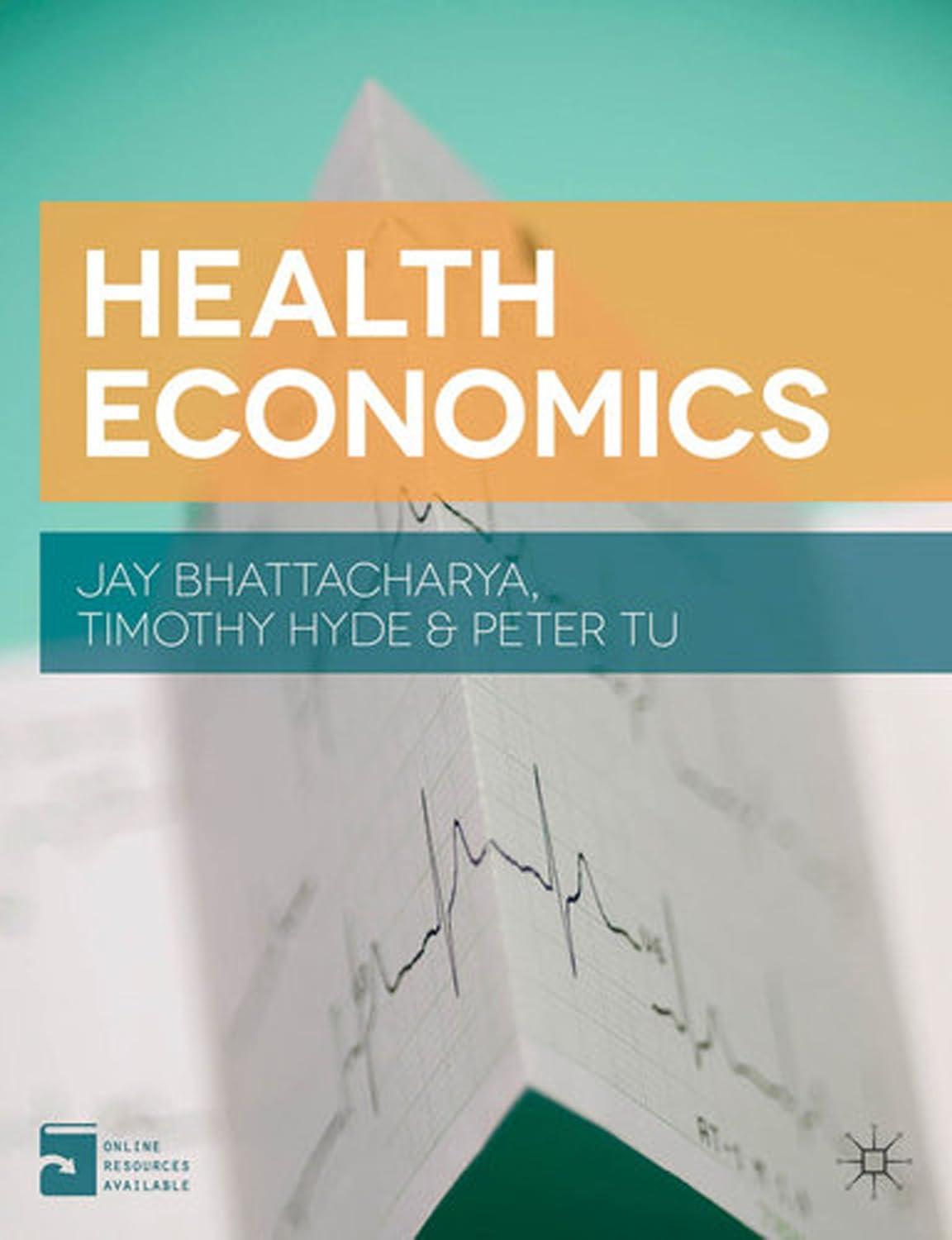Below is the abstract of a recent NBER working paper entitled Organ allocation policy and the decision
Question:
Below is the abstract of a recent NBER working paper entitled “Organ allocation policy and the decision to donate” by Judd Kessler and Alvin Roth (NBER Working Paper No. 17324, 2011):
Organ donations from deceased donors provide the majority of transplanted organs in the United States, and one deceased donor can save numerous lives by providing multiple organs. Nevertheless, most Americans are not registered organ donors despite the relative ease of becoming one. We study in the laboratory an experimental game modeled on the decision to register as an organ donor, and investigate how changes in the management of organ waiting lists might impact donations. We find that an organ allocation policy giving priority on waiting lists to those who previously registered as donors has a significant positive impact on registration.
a. The choice whether to register as an organ donor is a decision based on comparing costs and benefits. Suppose that registered organ donors receive priority on organ waiting lists. What are the costs of registering? What are the benefits, How do the benefits of registering vary depending on the potential registrant’s health, his age, his blood type, and the organ he is most likely to need? What other factors might affect the potential benefit of registering as an organ donor?
b. The health of the organ donor can significantly impact the value of the donated organ. Diabetic donors, for instance, produce lower-quality organs than nondiabetic donors. What effect would the Kessler–Roth scheme have on the average quality of donated organs? How would this affect the potential benefits of registering as an organ donor?
c. Suppose the Kessler–Roth scheme is implemented and effective in increasing the number of organs harvested for transplantation. How does the scheme affect the welfare of patients awaiting organ transplants who are not registered organ donors?
Step by Step Answer:






